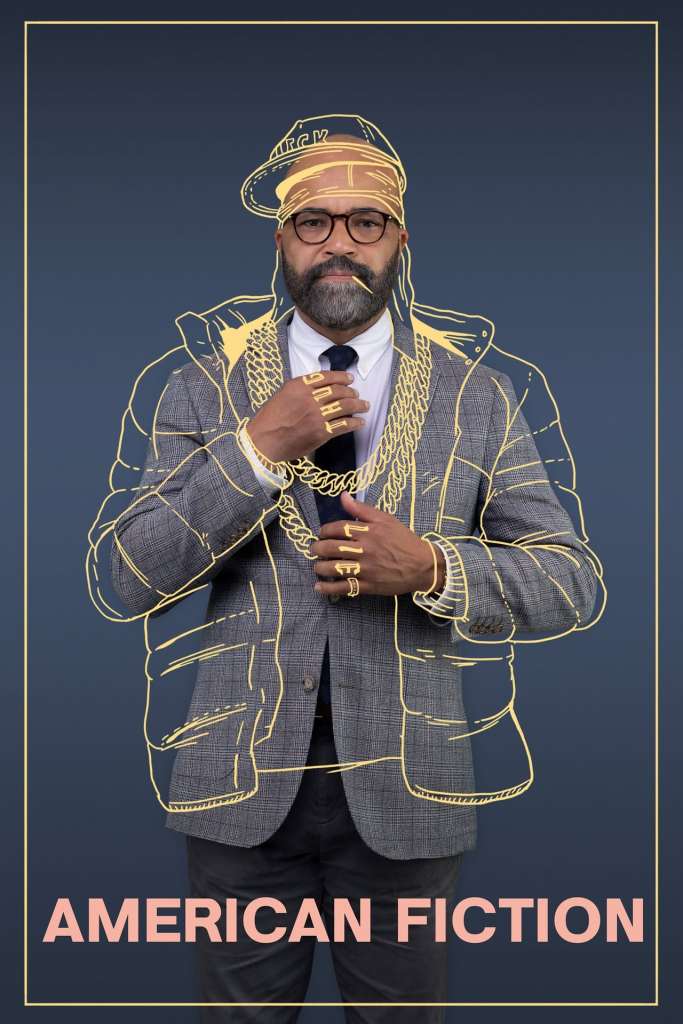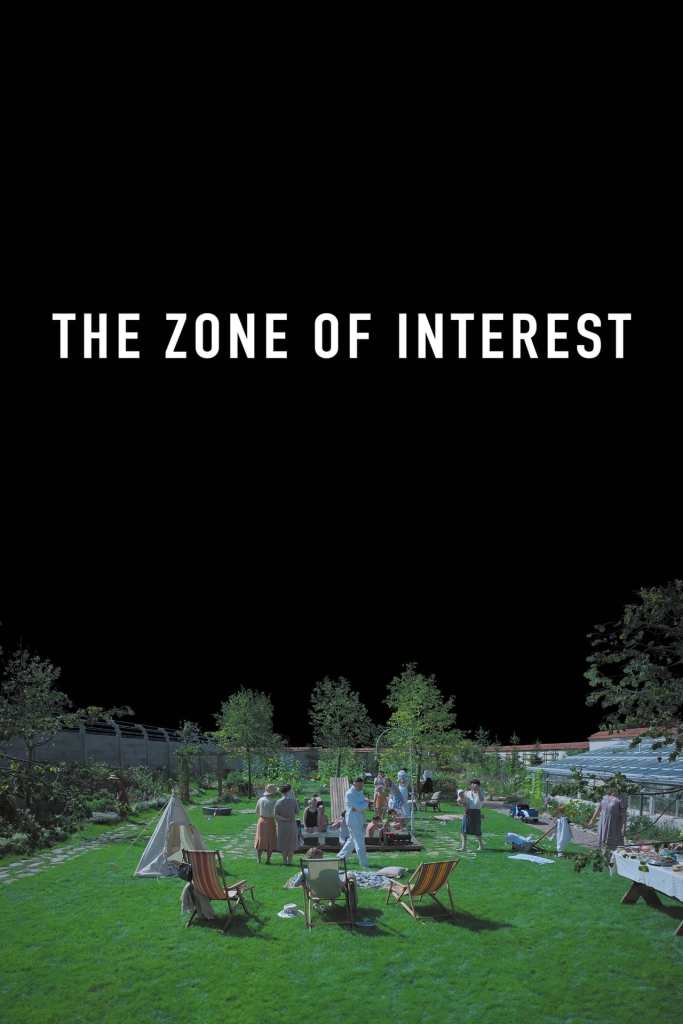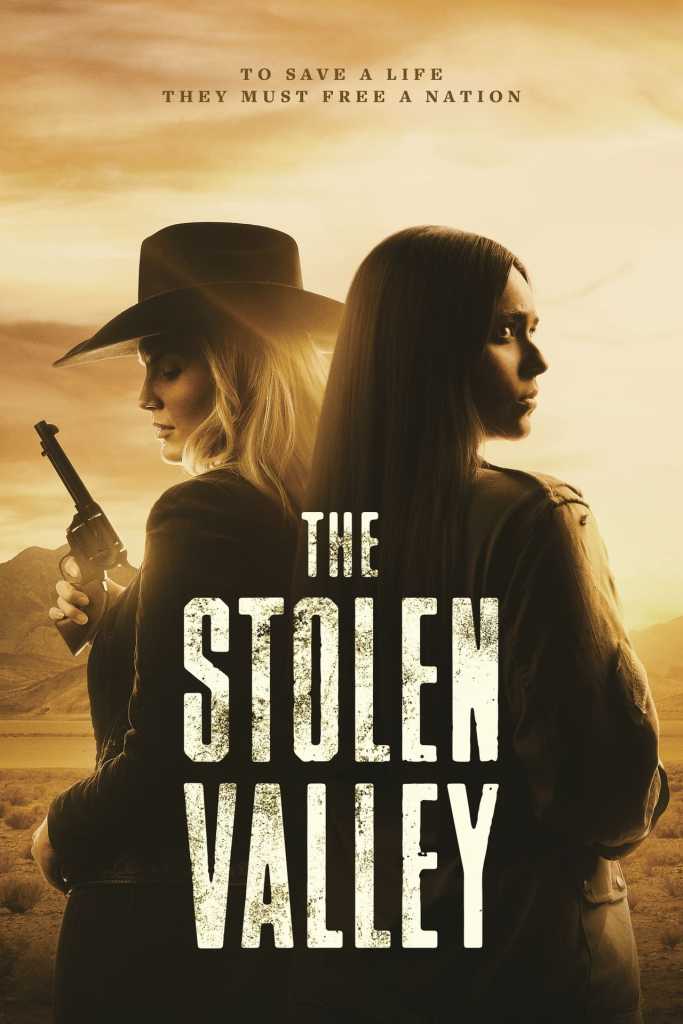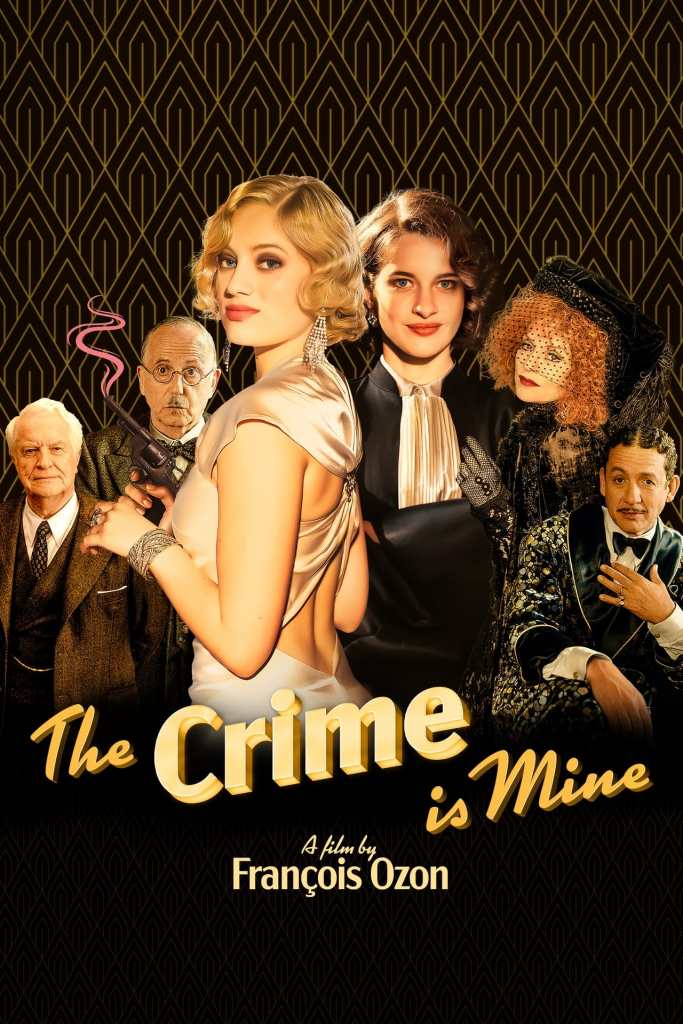
Talked to a good friend and movie buff the other day, who couldn’t believe I hadn’t seen American Fiction yet, one of his favorite movies last year. Gotta say, it is a great one. Equal parts drama and good old fashioned satire, it stars Jeffrey Wright as Thelonious “Monk” Ellison, a college professor and author, but who can’t get his latest book published. Publishers are wanting “black fiction” that sells, and the fact that Monk is black isn’t enough, as his books don’t race to the lowest racial stereotypes; case in point, the newest lauded bestseller is new author Sintara Golden’s “We’s Lives in Da Ghetto.” Frustrated with the system, and almost as a joke, Monk takes the pseudonym Stagg R Leigh and writes “My Pafology,” based on the fake Stagg’s “real life” in prison and on the streets. To Monk’s surprise but no one else’s, publishers swoon over it and want to turn it into a movie, even before it comes out, and they don’t shy away even when “Stagg” changes the name of the book to simply “Fuck.” Outstanding satire on our society’s views on racism, especially on how black men and women view themselves, but it doesn’t just stick to Monk’s views either. When he gets a chance to meet and talk with Sintara, we see that she put a lot of work into her book and does have a story to tell. It’s not all jokes though, there’s a whole side plot involving Monk’s family dealing with the deteriorating health of their mom, who has advancing Alzheimers, and the pain of hidden family secrets from decades ago. The drama enhances but doesn’t take away from the comedy though, which is hilarious throughout, but with some hard-hitting poignancy here and there too that will definitely make you think. ★★★★½

The Zone of Interest also received a lot of attention on the awards circuit this past season. A German language film, it tells a fictionalized tale of Rudolf Höss and his family as they lived in an idyllic house just outside Auschwitz during World War II. Höss, the commandant of the concentration camp, goes about his life throughout the film, and it only shows his interactions with wife, family, and friends, never taking the cameras inside the camp. Höss and his wife Hedwig fight, like all couples do, while their kids play, get into trouble, or have swim parties with friends. Of course, the elephant in the room is the camp on the other side of the wall, where you can see the glow from the incineration chambers at night, hear the pop of guns near-constantly, and the occasional wails of anguish. But of course, what we don’t see is that in the camp, they can probably hear the squeals of delight from Höss’s kids, who seem completely oblivious. It’s a stark movie, and has a powerful ending that is completely open to interpretation, but not sure the film is all that great at anything other than giving the viewer the heebie-jeebies. It almost wants you to feel sorry for Hedwig when Höss isn’t listening to her marital complaints about not spending enough time at home, and then later she makes a crack about sending their house servant to the furnaces when she messes up. Will make you feel icky for sure. ★★★

Bob Marley: One Love is a biopic about the man, covering a pivotal moment in his career for a couple years in the late 1970s. At the beginning of the film, Marley is already a big star, and he is using his influence to preach peace in his home nation of Jamaica. The right and left wing parties in the country are at each other’s throats, a conflict that has even brought about violence in the streets, but Marley is pleading for peace between the sides. Two days before a planned concert though, Marley and his friends are targeted in an assassination attempt by one of the political parties, who felt that Marley was cozying up too much to the other faction. No one is killed, and rather than deter Marley, it only strengthens his resolve. In order to bring attention to the country’s problems, Marley embarks on an international tour, first to London where he and his band finish up a new album, but with the ultimate goal of performing in Africa to inspire his ancestors’ people there. Much of the movie is heavily music based, with us hearing many of Marley’s popular tunes throughout. Big fans may find plenty to love, but for me, it started to distract after awhile, because a (long) tune or performance would break up the action of the film and grind the story to a halt. Fine performance from Kingsley Ben-Adir as Bob Marley, and I did come away from the film with a better understanding of what made Marley tick, but it’s not all that memorable of a film. ★★½

I thought I’d find a diamond in the rough with low budget film (with no recognizable faces) The Stolen Valley, but unfortunately it is about the worst kind of action drama you can find. It follows two women, Navajo descendent Lupe and a rough-and-tumble nomad named Maddy, who come together through fate to embark on an adventure. Lupe’s mother is deathly sick with cancer, and Lupe sets out to find her mother’s ex-husband, who owns land in a nearby valley. Lupe is hoping to beg for money for her mother’s treatments. Along the way, she stumbles on Maddy, who seems to know every bag guy in the state, and she agrees to help Lupe on her path in exchange for a payout. I very nearly gave up on this film just 20 minutes in, after Maddy ends up in the backroom of a business with some hoodlums whom she owes money to. Literally every line of dialogue dropped was a cliche, like, “You walked into the wrong place,” and “Get in (the car) if you want to live,” and, “They won’t stop until they kill us both.” One golden oldie after another. I pushed on to see how it all was going to end, but even the plot twists in the second half were overworked. My eyes were starting to hurt from rolling so much. The acting is as bad as you could expect, though newcomer Briza Covarrubias as Lupe wasn’t (always) bad. Can’t say the same for any other character in the film. One star because I did stick around to the end, but maybe that’s just on me. ★

The Crime is Mine is a delightful French comedy with a throwback kind of feel, which makes a bit of sense as it is based on a 1930s play and takes place in that era. Maddy and Pauline are a pair of friends who are broke, months behind on rent and living without water and power in their apartment. Maddy is a bad actress and Pauline is a poor lawyer, so they don’t have much in the way of prospects either. Fame falls in their laps when a wealthy film producer is found dead of a gun shot, and Maddy was the last to see him. She is suspect number one by the hilariously bumbling police, but rather than refute the flimsy evidence (and the viewer definitely thinks she didn’t do it), Maddy pleads guilty, while Pauline scripts a trial worthy of a film production, à la Chicago. They are able to get Maddy set free based on self defense against the groping producer, and Maddy is famous. All could be wrecked though when the true murderer, a silent film era has-been named Odette (played by the always perfect Isabelle Huppert) shows up and wants a cut of the fame, or at least the profits. From the beginning, I got a French New Wave kind of vibe, with its fast dialogue and quick camerawork, but there’s “too much” of a narrative story for a New Wave film. Still, has a classic feel and is supremely entertaining and very, very funny. ★★★★
- TV series recently watched: Black Knight (series), The Reluctant Traveler (season 2), Ripley (series)
- Book currently reading: Dragons of a Lost Star by Weis & Hickman
Bob Marley was a great musician!! ❤️
LikeLike